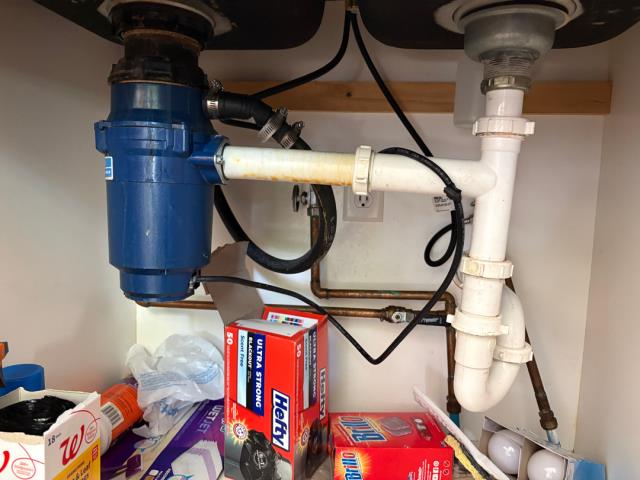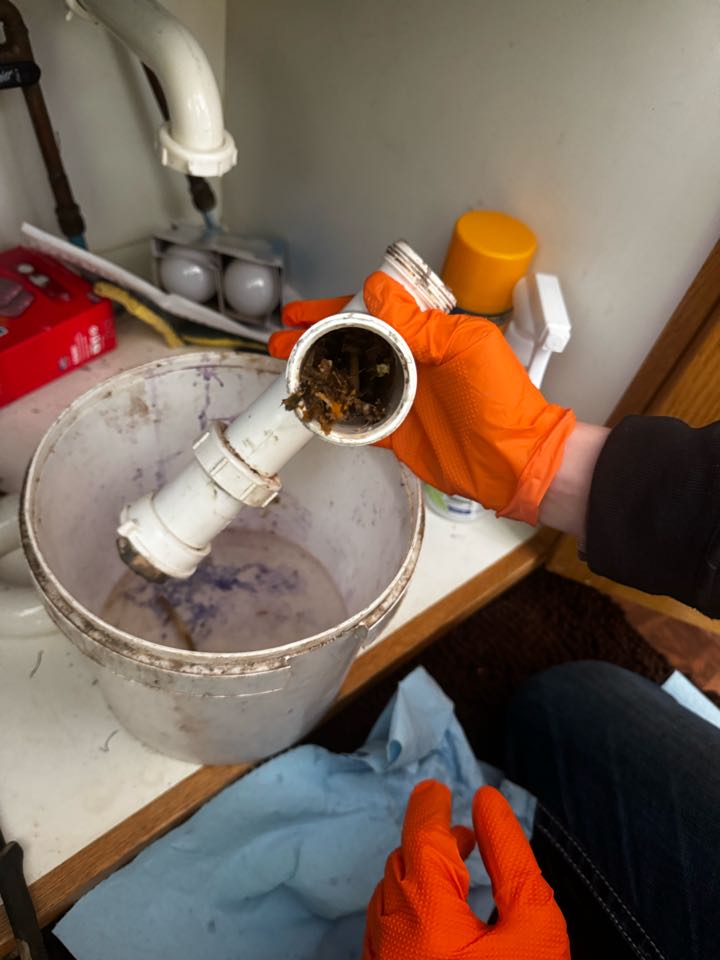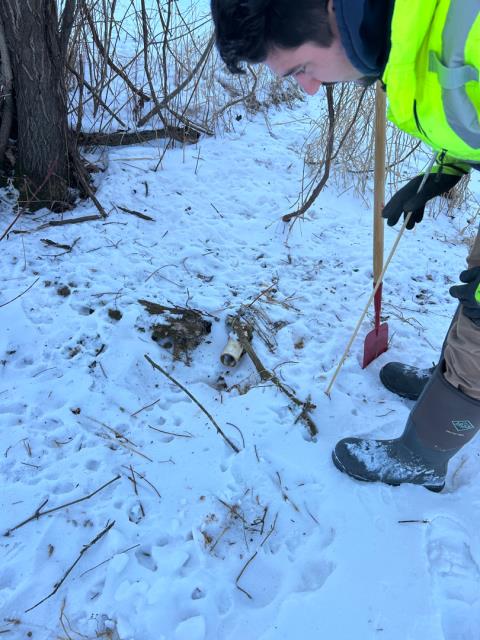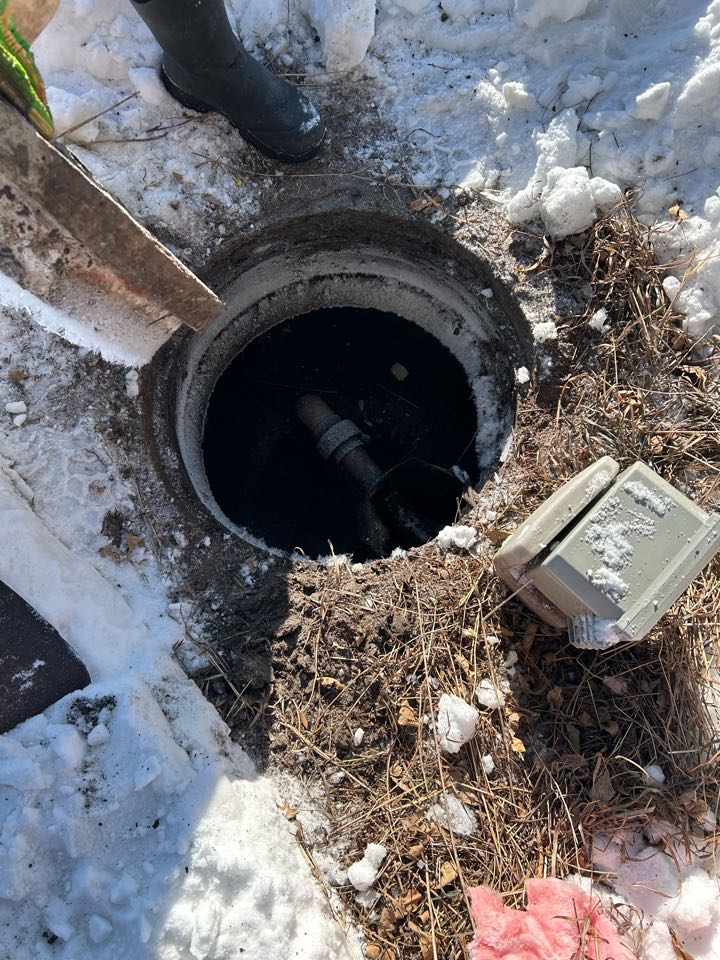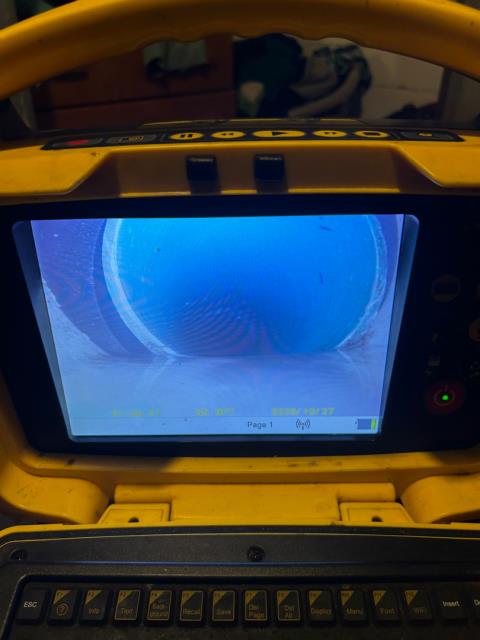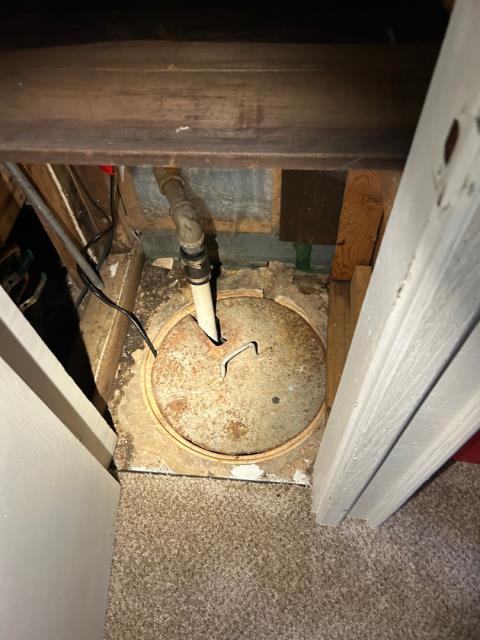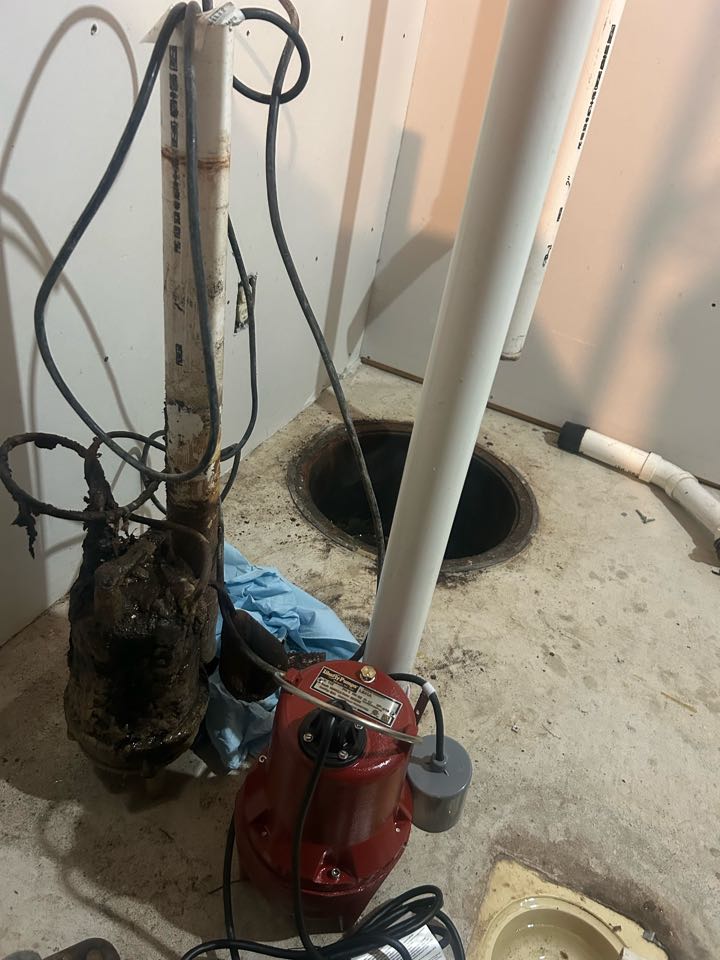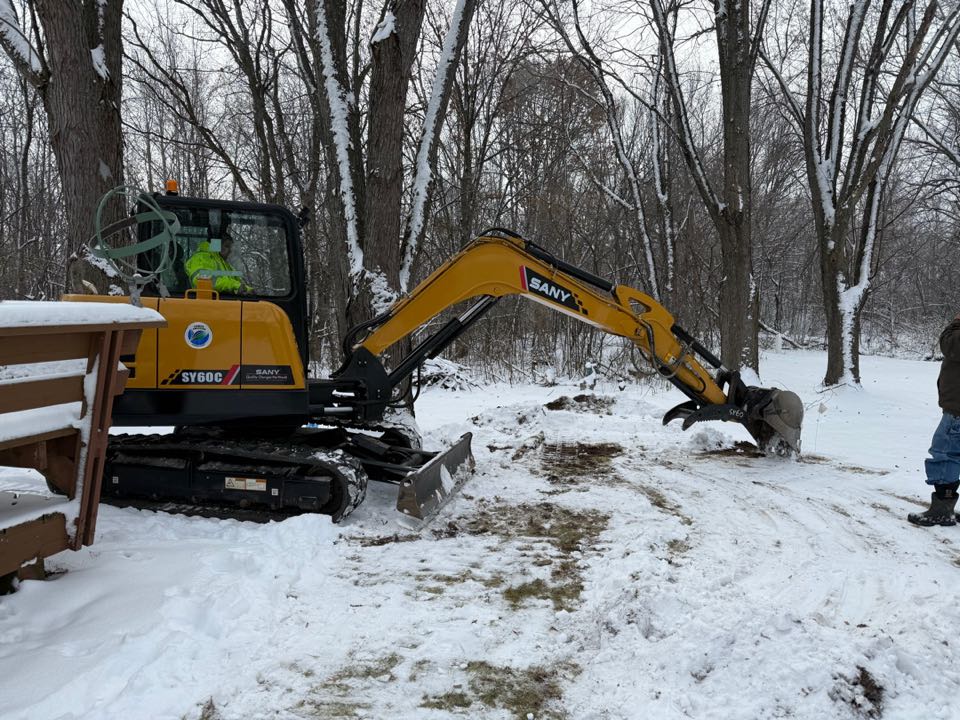What Causes Slow Drains in Sauk Rapids?
Experiencing slow drains in Sauk Rapids can be incredibly frustrating. Several factors specific to the area contribute to this issue, including hair and soap buildup, which are common in households. However, residents may also face unique challenges such as tree root intrusion from the abundant greenery in the region and issues related to pipe corrosion, especially in older homes.
Understanding these local causes can help homeowners address the problem before it escalates. So, what are the specific culprits behind your sluggish plumbing in Sauk Rapids? Let’s explore the common issues that might be affecting your home’s drainage system.
Hair and Soap Buildup
When washing your hair, it’s easy to overlook how much hair and soap can accumulate in your drains, especially in areas where hard water is prevalent.
In regions with high mineral content in the water, soap scum can build up more quickly, compounding the issue. Even a small amount of hair can create a significant blockage over time. As you rinse out shampoo and conditioner, those products mix with your hair, forming clumps that cling to the sides of your pipes. This buildup narrows the passageway, forcing water to drain slowly.
To prevent this, consider using a drain cover designed to catch hair and minimize soap scum buildup.
Regularly cleaning your drain is particularly important in locales where plumbing systems may be older or more susceptible to clogs. If you notice slow drainage, it might be time to investigate the situation more closely, focusing on the hair and soap accumulation that could be lurking in your pipes.
Food Particles and Grease
Food particles and grease are common culprits behind slow drains in Sauk Rapids. The unique dining culture and popular local eateries can contribute to the amount of grease and food waste that finds its way down your sink.
When washing dishes after enjoying a meal from one of the local favorites or preparing a home-cooked dish, bits of food and oily residues often sneak down the drain, creating blockages over time. These clogs can lead to frustrating slowdowns in your plumbing, especially during peak meal times when many households are busy cooking.
To keep your drains flowing smoothly in Sauk Rapids, consider these tips:
- Scrape plates thoroughly before rinsing to minimize food particles entering the drain.
- Avoid pouring grease down the sink; instead, let it cool and dispose of it in the trash to prevent buildup.
- Use a drain strainer to catch any leftover food bits and prevent them from going down the drain.
Foreign Objects
While it may seem harmless to let anything go down your sink, foreign objects can lead to significant slow drains in Sauk Rapids. Common items like hair, soap wrappers, or even jewelry can accidentally slip into your plumbing, especially in households with kids who may be playing near the sink.
In this area, where older homes may have more vulnerable plumbing systems, these objects can create blockages, trapping debris and leading to further clogs. If you notice your sink draining slowly, it’s wise to check for anything that shouldn’t be there.
Even small toys can find their way into pipes, causing unexpected headaches. To prevent these issues, using drain covers and being mindful of what you dispose of is crucial.
Regular maintenance and inspections can help catch these problems early, ensuring that your drains remain clear and functional in the long run.
Tree Root Intrusion
As trees thrive in the Sauk Rapids area, their roots often search for moisture, which can lead to tree root intrusion—a prevalent concern for homeowners.
When roots penetrate plumbing systems, they can result in slow drains and backups. Recognizing this issue and implementing preventive measures is crucial.
Here are several signs to watch for:
- Slow draining sinks and tubs: If you notice that water is taking longer than usual to drain, this could be a sign of root intrusion.
- Gurgling sounds: If you hear unusual noises from your drains, it may indicate trapped air due to root blockages.
- Frequent clogs: Regular clogs can be a strong indicator that roots are disrupting your plumbing system.
Taking swift action against tree root intrusion can help avoid extensive repairs in the future, especially given the unique challenges posed by the local environment in Sauk Rapids.
Pipe Corrosion
Pipe corrosion is a silent but significant threat to the plumbing systems in Sauk Rapids. The area’s unique water chemistry, which can vary in mineral content, combined with local soil conditions, can accelerate the wear and tear on pipes.
Homeowners may notice slow drains as corrosion accumulates inside the pipes, leading to restricted water flow. Metal pipes in particular are especially susceptible to rust and deterioration, a problem that can worsen if not promptly addressed.
In Sauk Rapids, the fluctuating temperatures and moisture levels can further exacerbate the risk of corrosion, making it essential for residents to be vigilant.
Regular inspections by a qualified plumbing professional can help identify early signs of corrosion before they develop into more serious and costly issues. If you suspect corrosion in your plumbing system, it’s advisable to seek professional assistance without delay.
Taking proactive measures now can help you avoid extensive damage and ensure your plumbing system operates efficiently for years to come.
Improperly Installed Plumbing
When plumbing is improperly installed, it can create significant issues that lead to slow drains in homes throughout the region. Homeowners may notice water backing up or draining slowly due to several common mistakes that are particularly relevant to local conditions.
Here are a few things to watch out for:
- Incorrect pipe sloping: In areas where the terrain is uneven, if pipes aren’t angled properly, water can’t flow freely, causing clogs.
- Poor connections: In regions with varying temperature fluctuations, loose or mismatched fittings can lead to leaks and blockages that hinder drainage.
- Wrong pipe materials: Using inappropriate materials for the local climate can result in corrosion or buildup, further slowing drainage.
If you suspect your plumbing was improperly installed, it’s essential to consult a local professional.
Addressing these issues promptly can help you avoid more significant problems down the line, ensuring your plumbing system operates efficiently.
Mineral Buildup
While you mightn’t notice it at first, mineral buildup can silently wreak havoc on your plumbing system, particularly in areas with hard water such as our local region.
Water rich in minerals like calcium and magnesium can gradually accumulate in your pipes. As this buildup increases, it narrows the passageway for water, causing it to drain more slowly. Residents may find that their sinks, showers, or bathtubs are taking longer to empty, which is a common challenge in our community.
Over time, this buildup can even lead to clogs or necessitate expensive repairs. To prevent mineral buildup, consider installing a water softener or regularly cleaning your pipes.
Keeping an eye on your plumbing and addressing any signs of slow drainage early can save you from bigger headaches down the road and help maintain the efficiency of your plumbing system in our unique environment.
Sloped Pipes
Mineral buildup isn’t the only issue that can affect how quickly water drains from your fixtures in our region.
Sloped pipes can create significant problems too. If your pipes aren’t installed with the proper slope, water may not flow effectively, leading to slow drains.
Consider these potential impacts of sloped pipes specific to our area:
- Water pooling: Improper sloping can cause water to accumulate in certain sections, particularly where the soil composition tends to hold moisture, increasing the risk of clogs.
- Debris buildup: Stagnant water attracts dirt and debris, especially in areas with heavy foliage or construction, making it easier for blockages to form.
- Increased pressure: Slopes that are too steep can create pressure issues common in our hilly terrain, causing leaks or even bursts in the system.
If you suspect your pipes are sloped incorrectly, it might be beneficial to consult a local professional for adjustments.
Addressing this issue early can help prevent future headaches with slow drains.
Septic System Issues
Homeowners in our area often overlook septic system issues that can lead to slow drains. If your septic tank is full or not functioning properly, it can result in backups and sluggish drainage throughout your home. Given our region’s unique soil composition and rainfall patterns, regular maintenance is essential.
If you haven’t had your tank serviced in some time, consider scheduling that important service soon.
Additionally, in our locality, slow drains may occur due to leaks or blockages in the drain field, which can hinder effective filtration and drainage. This can lead to unpleasant odors and inefficient waste management.
Be alert for any unusual signs, such as gurgling sounds or pooling water near your septic tank. Addressing these concerns promptly can help you avoid more significant problems in the future, ensuring your drains operate smoothly.
Take proactive measures now to prevent issues later on!
Conclusion
In Sauk Rapids, slow drains can be quite a nuisance, but recognizing the local causes can help you address the problem more effectively. The unique climate and environment can lead to specific challenges, such as hair and soap buildup from daily hygiene routines, food particles from kitchen activities, and foreign objects that accidentally find their way into the plumbing.
Additionally, the presence of mature trees in many neighborhoods can contribute to tree root intrusion, which can invade pipes and create blockages. The region’s fluctuating temperatures may also lead to pipe corrosion over time, further complicating drainage issues.
Regular maintenance, such as routine cleaning and inspections, along with being mindful of what goes down the drain, can help keep your plumbing in excellent condition. By staying proactive, you can enjoy smoother drainage and avoid more significant plumbing problems in your home.

